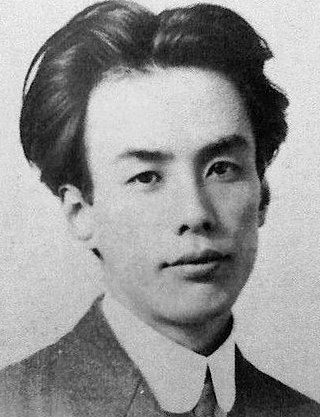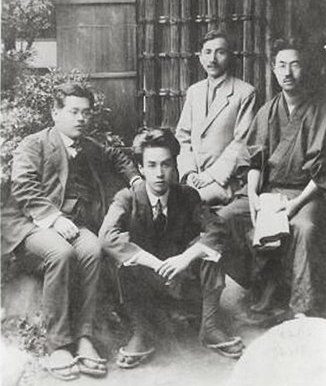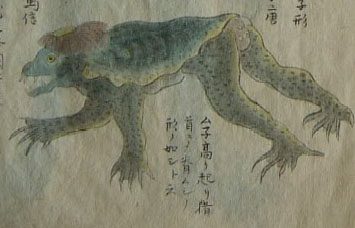Japan novelist and Ryūnosuke Akutagawa: Tragic ending
Lee Jay Walker
Modern Tokyo Times

The Japanese novelist Ryūnosuke Akutagawa (1892-1927) was born in the environs of Tokyo. Yet, despite being born during the Meiji period (1868-1912), he belongs to the Taisho Period (1912-1926) of Japanese history.
Shortly after being born, his paternal mother was blighted by a mental illness. Hence, his maternal uncle brought him up during this trying period. From an early age – a very informative period – he liked the writings of Natsume Sōseki to classical literature from China. Therefore, creativity and the pen would become a way of life for Akutagawa.
Some writers in the same period, for example, Takiji Kobayashi (1903-1933), who was tortured to death in 1933 for his Communist beliefs, felt the passion of the downtrodden. Others, including Akutagawa, had a more personal approach to writing. Therefore, a plethora of themes and ideas through the works of the pen emerged throughout the Taisho Period.
Sōseki was Akutagawa’s role model. Indeed, Sōseki gave Akutagawa his early break after publishing his two short stories titled Rashomon and Hana (The Nose). Sōseki praised Hana in 1916. Therefore, naturally, the interest in the works and development of Akutagawa followed.
Akutagawa married Fumi Tsukamoto in 1918. In the same period, he also published a lot of poetry (haiku) – including Gesaku zanmai (A Life Devoted to Gesaku, 1917) and Hōkyōnin no shi (The Death of a Christian, 1918 – or The Martyr).

In 1921, when working for the Osaka Mainichi Shinbun, he suffered from various illnesses during his four months in China.
After returning to Japan – and until committing suicide in 1927 after one earlier failed attempt – his health never fully recovered. Hence, the last years of his life were a fusion of writing, physical health problems, the fear of being blighted by severe mental health, hallucinations, and his anxiety about the vagueness of his life.
After his death, he influenced future writers, filmmakers, and other areas of modern-day culture.

His novel Kappa (a well-known creature in the mythology of Japan) expressed much about the mental health issues he faced – and the complexities and problems that beset the Taisho Period. Therefore, the psychiatric patient who visits the mysterious world of the kappa in his book is a duality that existed in his life before committing suicide.

Modern Tokyo News is part of the Modern Tokyo Times group
DONATIONS to SUPPORT MODERN TOKYO TIMES – please pay PayPal and DONATE to sawakoart@gmail.com
http://moderntokyotimes.com Modern Tokyo Times – International News and Japan News
http://sawakoart.com – Sawako Utsumi personal website and Modern Tokyo Times artist
https://moderntokyonews.com Modern Tokyo News – Tokyo News and International News
http://global-security-news.com Global Security News – Geopolitics and Terrorism
PLEASE JOIN ON TWITTER
https://twitter.com/MTT_News Modern Tokyo Times
PLEASE JOIN ON FACEBOOK